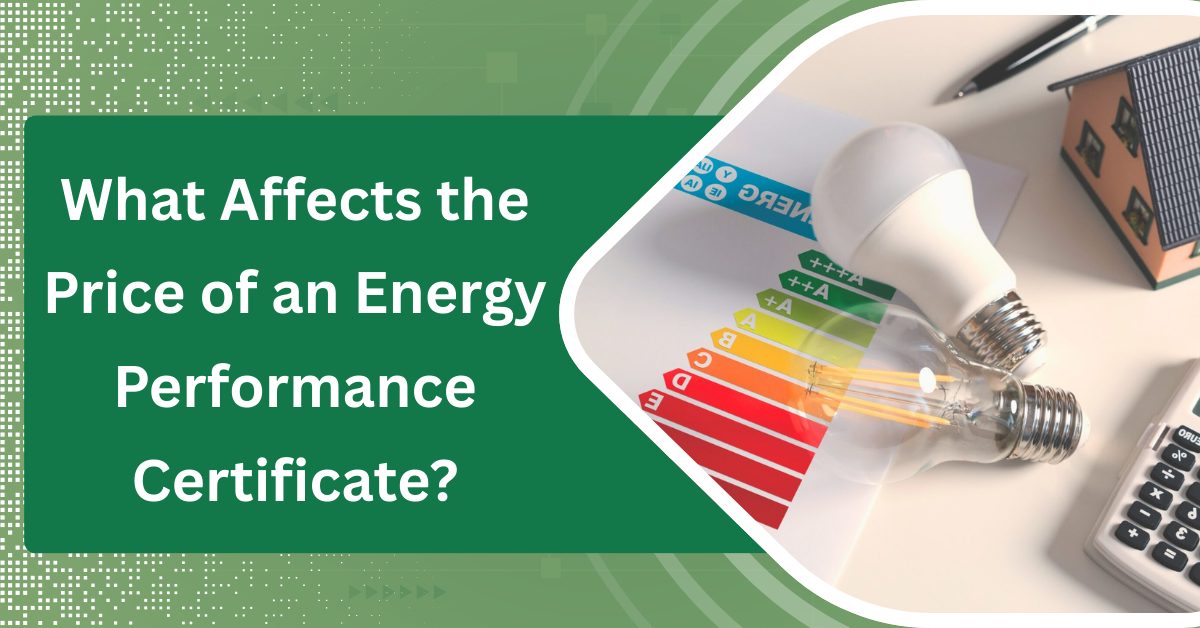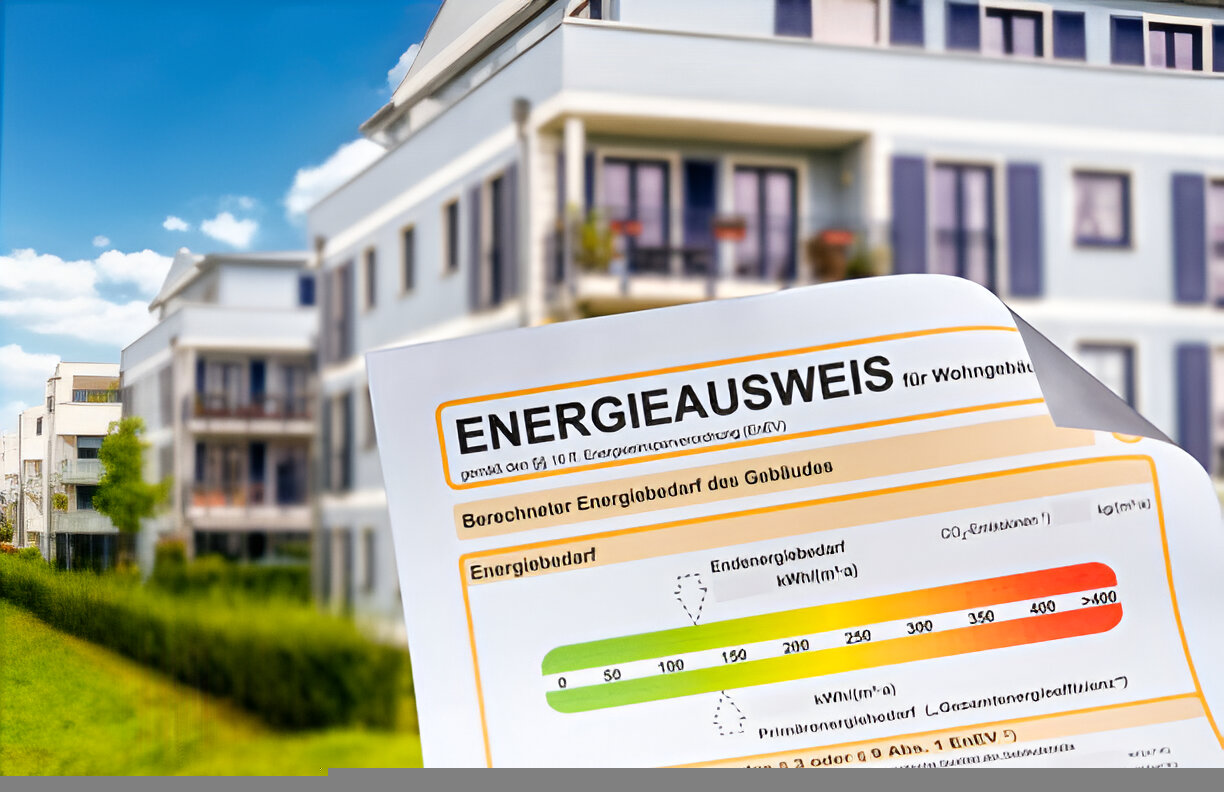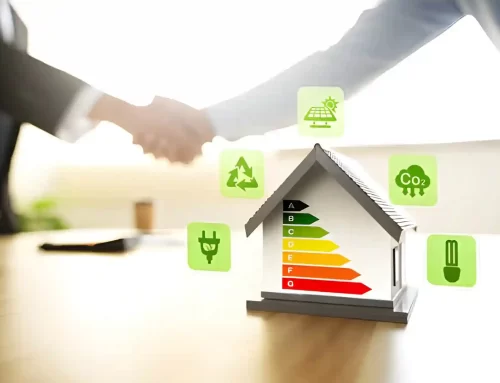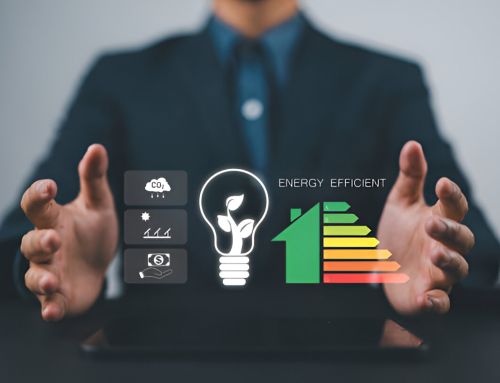
The cost of obtaining an Energy Performance Certificate (EPC) varies markedly based on several factors. Property size, location, and complexity are vital in determining the final price. Additionally, the experience of the assessor can influence fees. Understanding these elements is essential for homeowners and landlords alike. What specifics contribute to these varying costs, and how can one navigate this landscape effectively?
Key Takeaways
-
- The property’s size and complexity significantly influence the EPC assessment costs.
-
- The experience and qualifications of the assessor can affect the pricing of the EPC services.
-
- Geographic location impacts EPC costs due to varying market conditions and demand.
-
- Specific property requirements may necessitate detailed assessments, leading to higher fees.
-
- Urgency of the request can result in expedited services, often increasing the overall cost.
Understanding Energy Performance Certificates (EPCs)
Energy Performance Certificates (EPCs) serve as a critical tool in evaluating the energy efficiency of buildings.
These certificates provide a standardized assessment of a property’s energy usage, allowing stakeholders to make informed decisions regarding energy conservation and sustainability.
The EPC is graded on a scale from A to G, where A represents the highest efficiency and G indicates the lowest. The EPC grading scale ranges from A to G, with A denoting the highest energy efficiency.

This grading system enables prospective buyers and tenants to compare properties based on energy performance.
Additionally, EPCs highlight areas for improvement, offering recommendations that can enhance energy efficiency and reduce operational costs.
As legislation increasingly mandates EPCs for property transactions, understanding their implications becomes essential for owners and investors committed to achieving energy compliance and environmental responsibility.
Factors Influencing EPC Costs
Several factors influence the costs associated with obtaining an Energy Performance Certificate (EPC), including the size and complexity of the property being evaluated.
The experience and qualifications of the assessor also play a significant role; certified professionals with extensive knowledge may charge higher fees.
Geographic location is another critical factor, as market conditions and competition can vary widely across regions.
Additionally, the specific requirements of the property, such as unique architectural features or the presence of complex systems, can necessitate more detailed assessments, further affecting costs.
Ultimately, the urgency of the request may lead to expedited services, which often incur premium pricing.
Understanding these variables is essential for stakeholders seeking to navigate EPC procurement effectively.
Property Size and Type
Property size and type greatly impact the cost of obtaining an Energy Performance Certificate (EPC). Larger properties typically require more extensive assessments, which can increase the time and resources needed for evaluation.
For instance, a sprawling estate with multiple rooms and complex systems demands a more detailed analysis compared to a compact apartment. Additionally, the type of property—whether residential, commercial, or industrial—further influences costs. Each category has distinct energy performance criteria and assessment methodologies, affecting the overall pricing structure.
Consequently, property owners should anticipate variations in EPC costs based on these dimensions, as assessors must dedicate varying levels of expertise and effort to accurately gauge energy efficiency across different property sizes and types.
Location and Accessibility
Location and accessibility play significant roles in determining the cost of obtaining an Energy Performance Certificate (EPC).
Properties situated in urban areas generally face higher fees due to increased demand for assessors and potential travel costs. Conversely, rural locations may incur additional charges if assessors travel long distances, thereby raising the overall expense.
Accessibility to the property also impacts costs; for instance, challenging access routes or limited parking can complicate the assessment process, leading to higher fees.
Additionally, local regulations and market conditions within specific regions can influence the pricing structure, as assessors adapt to varying operational demands.
Ultimately, these factors collectively shape the financial implications of acquiring an EPC, necessitating careful consideration by property owners.
Complexity of the Assessment
While various factors influence the cost of an Energy Performance Certificate (EPC), the complexity of the assessment itself stands out as a key determinant.
Assessments that involve multifaceted building designs, intricate heating and cooling systems, or unique energy sources necessitate a more thorough evaluation. This complexity requires assessors to invest additional time and resources, ultimately escalating costs.
Additionally, properties with extensive renovations or energy-efficient technologies may present challenges in determining accurate energy performance ratings. The intricacies of the assessment process can also lead to varying interpretations of regulations and standards, further complicating the evaluation.
Consequently, the more complex the assessment, the higher the potential cost of obtaining an EPC, reflecting the detailed analysis required to ascertain a property’s energy efficiency.
Experience and Qualifications of the Assessor
The expertise of the assessor plays an essential role in determining the cost of an Energy Performance Certificate (EPC).
Assessors with advanced qualifications, such as accredited certifications and specialized training in energy efficiency, typically command higher fees due to their enhanced knowledge and skills. Their experience directly influences the accuracy and reliability of the assessment, as seasoned professionals are adept at identifying potential inefficiencies and understanding complex building systems.

Additionally, assessors with a robust portfolio of completed EPCs are likely to possess a deeper understanding of local regulations and market conditions, which can further justify their pricing.
Ultimately, investing in a qualified assessor can yield a more thorough and effective assessment, potentially leading to greater long-term energy savings for property owners.
Additional Services and Recommendations
Assessors often offer additional services and recommendations that can enhance the value of an Energy Performance Certificate (EPC). These services not only aid in improving energy efficiency but also provide tailored solutions that align with specific property needs.
| Service | Description |
|——————————|—————————————————————|
| Energy Audits | Thorough evaluation of energy consumption and usage. |
| Improvement Strategies | Customized recommendations for energy-saving upgrades. |
| Renewable Energy Options | Advice on incorporating renewable sources like solar power. |
| Compliance Guidance | Assistance in meeting local regulations and standards. |
Frequently Asked Questions
How Long Is an Energy Performance Certificate Valid?
An energy performance certificate (EPC) remains valid for ten years. Property owners must guarantee compliance within this timeframe, as expired certificates can hinder property sales or rentals, impacting marketability and regulatory adherence considerably.
Can I Appeal an EPC Rating?
One can appeal an EPC rating if discrepancies arise. The process typically involves submitting evidence to the relevant authority, demonstrating the basis for the challenge and requesting a reassessment of the property’s energy performance.
Are There Penalties for Not Having an EPC?
Failure to obtain an Energy Performance Certificate (EPC) can result in significant penalties, including fines. Compliance with EPC regulations is essential for property owners, as it guarantees adherence to energy efficiency standards and legal requirements.
Conclusion
To summarize, the cost of obtaining an Energy Performance Certificate (EPC) is determined by various factors, including property size, location, assessment complexity, and the assessor’s expertise. Understanding these elements allows property owners to anticipate potential expenses and make informed decisions. By recognizing that each EPC assessment is unique, individuals can better navigate the process and guarantee they obtain a thorough evaluation that meets their specific needs, ultimately enhancing their property’s energy efficiency and marketability.
About the Author: LandlordCertificate
Related Posts
Get Social
Recent Posts
- Asbestos Management Survey London: Update Your Property Records
- Gas Safety Certificate London: Why Regular Checks Save Money Long-Term
- FRA London Explained: How a Professional Fire Risk Assessment Keeps You Compliant and Safe
- When a New Tenancy Requires Your EICR Certificate London Renewal
- Fire Safety Certificate London: Integrating Fire Alarms and Emergency Lighting













